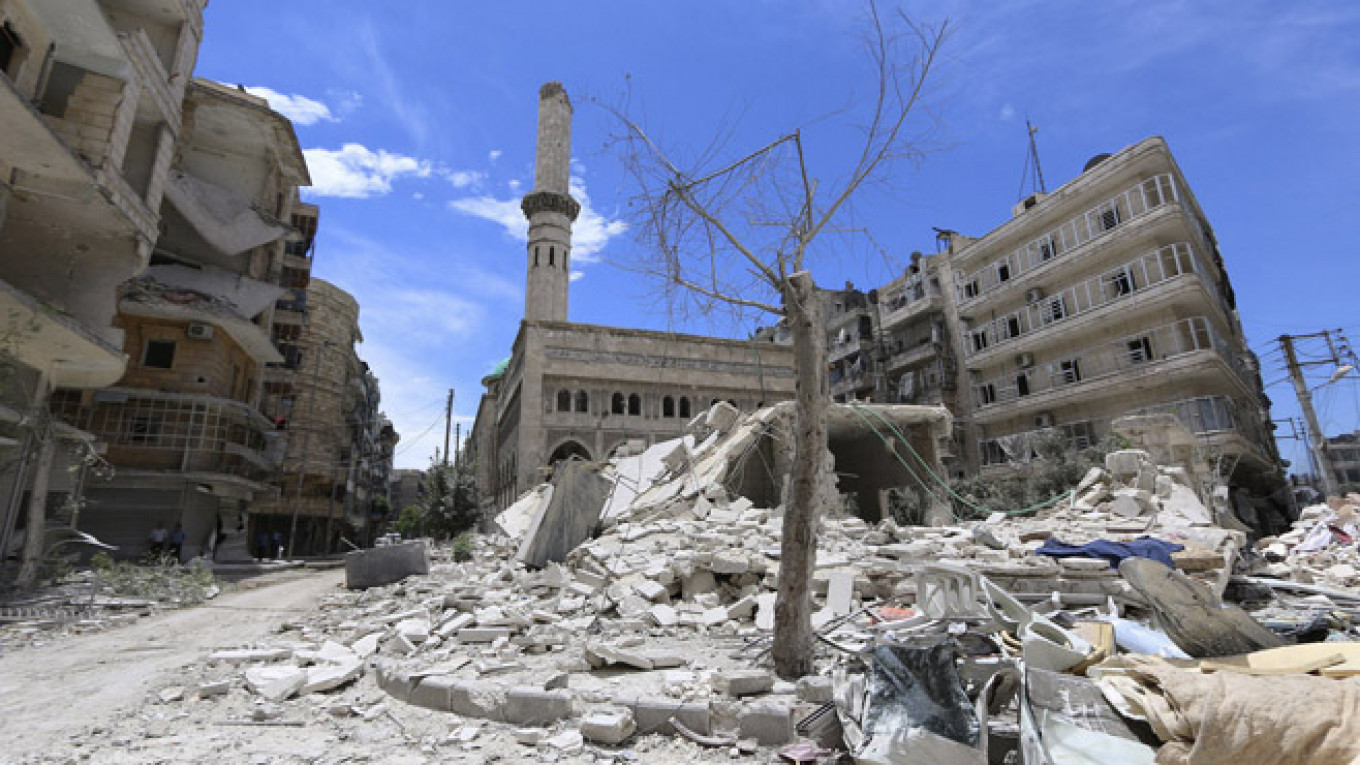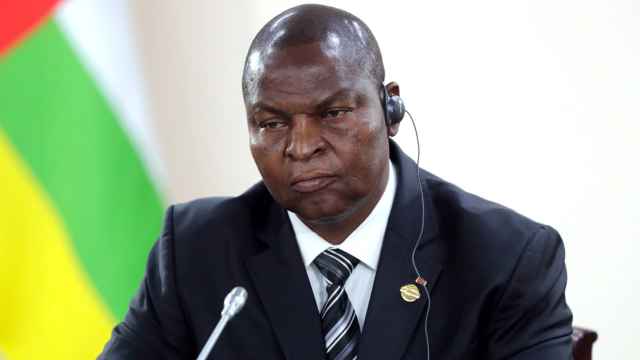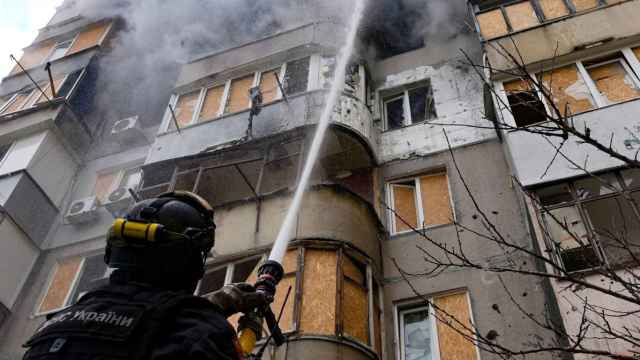MOSCOW — Foreign Minister Sergei Lavrov signaled Monday that Russia would oppose a United Nations resolution authorizing cross-border aid deliveries to Syria if it threatened to enforce it by military action.
The remark set the stage for a potential new showdown between Moscow and Western members of the UN Security Council, where Russia and China have blocked resolutions that would have condemned Syria's government or threatened it with sanctions.
Security Council members Australia, Luxembourg and Jordan have drafted a resolution that UN diplomats said would authorize cross-border aid deliveries into Syria at four points without government consent.
Diplomats have said the draft text falls under Chapter 7 of the UN Charter, which would make it legally binding and enforceable with military action or other coercive measures such as economic sanctions.
Lavrov said Russia was always ready to discuss aid but that "these issues must not be politicized or used as a pretext to inflame passions and mobilize public opinion in support of the need for foreign interference in the Syrian crisis."
"These attempts are made primarily by trying to include citations of Chapter 7 … in Security Council decisions," he told a news conference. "I think that is unacceptable, because we know what plans those who make such proposals have."
Lavrov gave no details, but Russia has often accused Western and Gulf Arab nations of seeking pretexts for military intervention or imposing sanctions against Syrian President Bashar Assad's government.
He also said any resolution on aid access should adhere to international law which he said "envisions cooperation with the host country," suggesting Russia would oppose the authorization of aid deliveries without government consent.
See also:
A Message from The Moscow Times:
Dear readers,
We are facing unprecedented challenges. Russia's Prosecutor General's Office has designated The Moscow Times as an "undesirable" organization, criminalizing our work and putting our staff at risk of prosecution. This follows our earlier unjust labeling as a "foreign agent."
These actions are direct attempts to silence independent journalism in Russia. The authorities claim our work "discredits the decisions of the Russian leadership." We see things differently: we strive to provide accurate, unbiased reporting on Russia.
We, the journalists of The Moscow Times, refuse to be silenced. But to continue our work, we need your help.
Your support, no matter how small, makes a world of difference. If you can, please support us monthly starting from just $2. It's quick to set up, and every contribution makes a significant impact.
By supporting The Moscow Times, you're defending open, independent journalism in the face of repression. Thank you for standing with us.
Remind me later.






